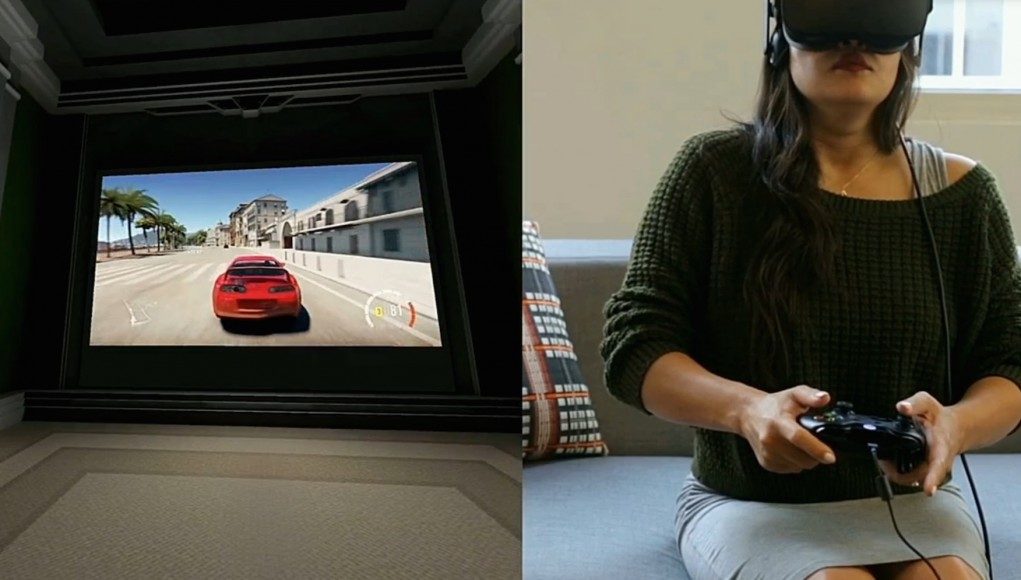Despite a recently announced partnership between Microsoft and Oculus, the VR headset maker recommends that Rift users wait for official compatibility before updating to Windows 10.
Windows 10 is now rolling out and many folks are excitedly updating. But if you’re a Rift user, Oculus recommends you take a chill pill, lest you want to risk incompatibility with your VR headset. An official Oculus Support statement went out last last night regarding Windows 10 and the Rift:
Our software team is working as quickly as possible to complete Windows 10 compatibility with our SDK and the Oculus Runtime. As Windows 10 is not officially supported at this time, we strongly suggest that Oculus Rift Development Kit 2 owners do not upgrade from previous versions of Windows until we have the officially updated SDK and Oculus Runtime available.
A partnership between Oculus and Microsoft was announced in June which would see the inclusion of an Xbox One controller with every Oculus Rift consumer headset sold. The companies further said that the Rift would have native support in Windows 10 and offer Xbox One game streaming into a virtual theater. While DK2 compatibility for Windows 10 will likely come soon, it’s doubtful that those features will launch until the consumer version of the Rift headset itself goes out in Q1 2016, though it isn’t clear if such functionality will be backwards compatible with the DK2.
While Oculus supported Linux and Mac at various points throughout the development of their VR headset, they recently pulled the plug on all operating systems save for Microsoft’s Windows, saying “we want to get back to development for OS X and Linux but we don’t have a timeline.”







